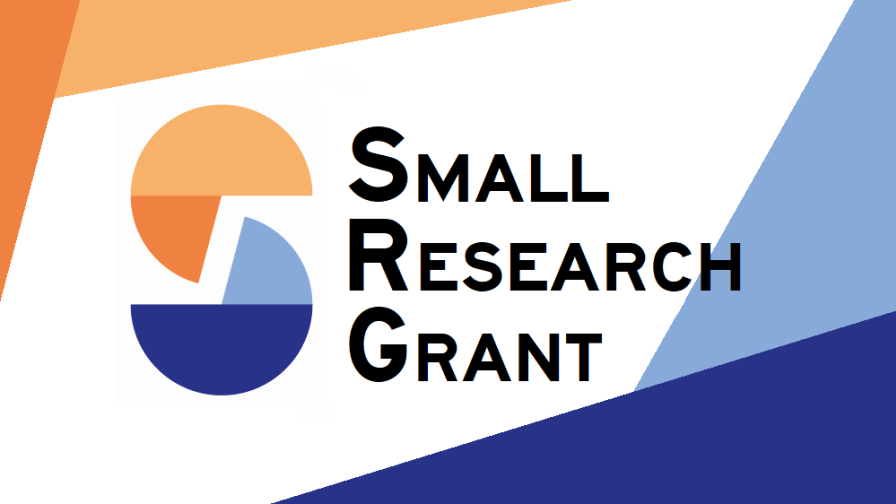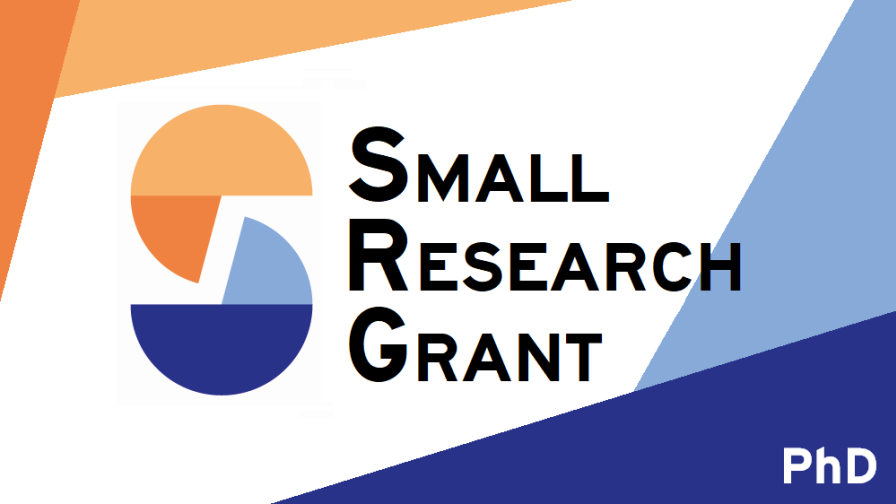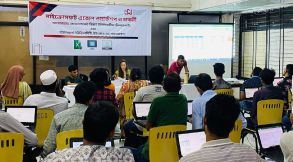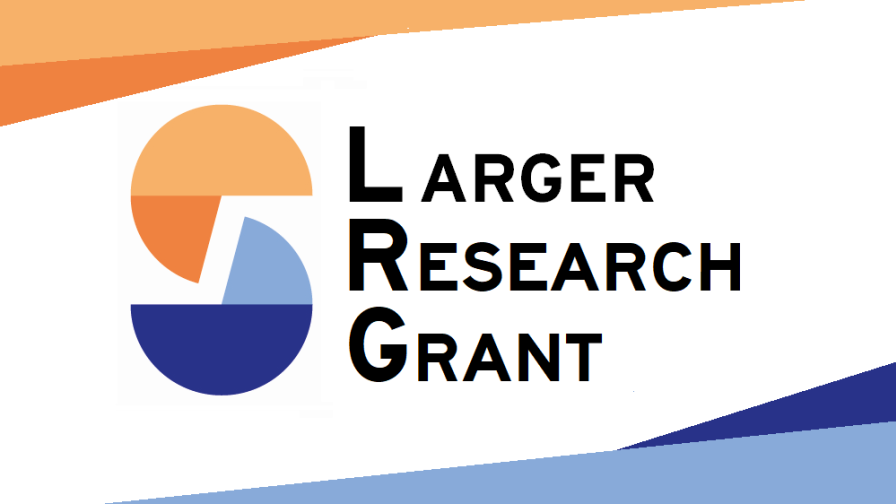Unemployment among youth is a significant challenge for most Sub-Sahara African countries including South Africa. In South Africa, the proportion of unemployed youth remains extremely high (43.4%). This is particularly pertinent for the youth, who represent a large segment of the unemployed population. Structural transformation, which involves shifting the unemployed into employment, is crucial for the country's future growth prospects, particularly for young people. To address this issue, in 2014 the South African government introduced the Employment Tax Incentive (ETI) policy, a wage subsidy program that provides firms with a tax incentive to employ young, inexperienced and relatively unskilled people. Subject to age and wage conditions, individuals are eligible for up to two years of wage subsidy. Research on the ETI programme has almost entirely focused on its impact on the levels of employment during the subsidy period (see Betcherman et al., 2004; Smith, 2006; Ebrahim et al., 2017; Bhorat et al., 2020; Woldemichael et al., 2022). While informative, this research only offers a partial assessment of wage subsidy impact. In particular, the persistent effects of the policy on employment and wages post-subsidy have not been comprehensively examined. The role of firm characteristics in driving post-subsidy employment outcomes has also not been explored. Our study aims to contributes to this literature and fills a pertinent gap by examining the persistent post-ETI subsidy effects on employment and wages of individuals and investigating how individual and firm characteristics influence these outcomes.
Our study makes use of anonymized matched employer-employee tax data from the South African Revenue Services (SARS) to assess the impact of the ETI policy on employability of workers in South Africa. This data set combines four sources of administered data, namely: company income tax from registered firms who submit tax forms; employment data from employee income tax certificates submitted by employers; value-added tax data from registered firms; and customs records from traders (Pieterse, Gavin, & Kreuser, 2018). Using anonymized firm and individual identifiers, we are able to track workers and their respective firms over the period 2008 to 2018. Using this data we are able to follow three cohorts of workers that have been employed using the ETI: 2014, 2015 and 2016. The empirical analysis is structure in three parts. The first part involves the construction of panel data covering ETI beneficiaries, their firms and a control group of non-ETI employees over time. Our approach is to compare outcomes of ETI workers relative to a comparable sample of non-ETI workers. The second part involves a description of the initial characteristics of ETI and non-ETI workers (gender, age, wage, number of jobs) and firms (size, productivity, industry), and a comparative analysis of the evolution wages and employment probabilities of ETI and non-ETI employment post the subsidy period. The third part of the study uses econometric techniques to estimate how subsidised and non-subsidised workers employment and wage prospects differ based individual and firm characteristics. In particular, we are interested in whether ETI outcomes are influenced by gender and the type of firm (its size, productivity, training expenditure, industry) in which workers are initially employed.
Although South Africa is not a low-income country it has many similar characteristics, for example, a high youth unemployment rate, and a large young unskilled labour force. A key challenge for South Africa, as in other emerging economies, is therefore creating sufficient jobs for young entrants into the labour market. Active labour market policies to create job opportunities for the youth are widespread within emerging economies. This study has policy relevance in that it provides specific insights into the effectiveness of a particular labour market intervention to increase employment of entrants into the labour market, namely the provision of a youth employment tax incentive (ETI). Further, the study provides insight whether employment opportunities arising from the ETI are sustained once the ETI has lapsed. In doing so, the study provides insight into the effectiveness of the policy in overcoming the structural rigidities to employment growth. Access to the requisite employee and firm data is a major constraint to such a study in most low-income countries. Fortunately, the availability of micro-level administrative tax data in South Africa allows for such a study in an emerging economy context. The paper therefore provides an empirically grounded assessment of the effectiveness of the ETI policy that can be used by policy makers in other emerging economies, including low-income countries, when considering possible active labour market interventions to raise youth employment. Further, gaining a better understanding of how individual and firm characteristics influence the policy's transmission mechanisms will provide insights into how to improve the policy’s packaging towards achieving the most effective outcomes.
Project
• Research Theme 0: Data, Measurement, and Conceptual Framing,
Research Theme 1: Firms, Frictions and Spillovers, and Industrial Policy,
Research Theme 2: Labour, Home Production, and Structural Transformation at the Level of the Household,
Cross-Cutting Issue 3: Inequality and Inclusion
Persistence in Employability and Wages of Youth Post-Wage Subsidies: Matched Firm-Employee Level Evidence from South Africa
This project has been retired
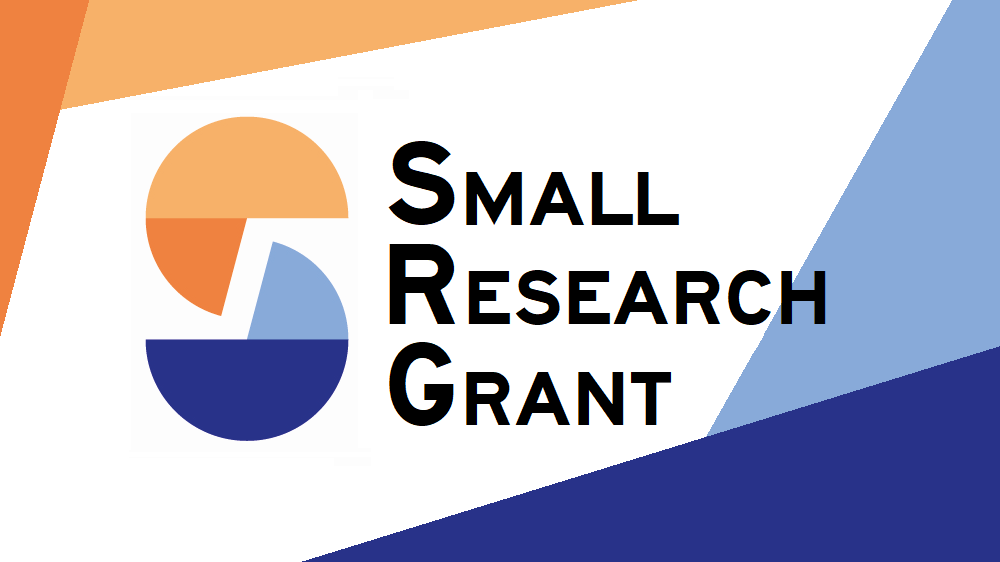
Small Research Grants
Research Team
Related content
